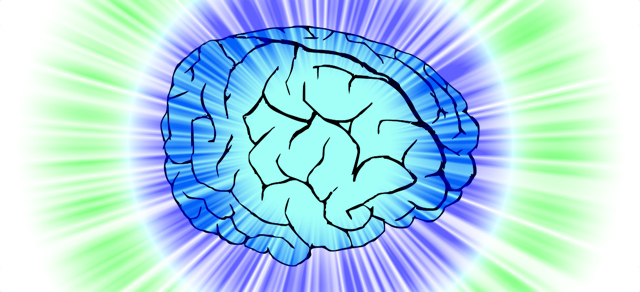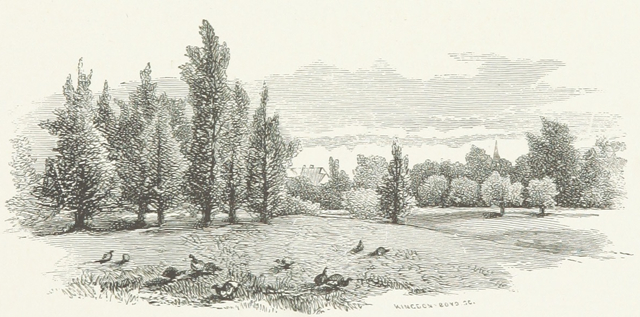
[Way With Worlds appears at Seventh Sanctum at at MuseHack]
I’m going to start by assuming the setting of your story has intelligent life in it. If not, well that sounds like a challenging write, and feel free to skip this part until you need it. Or don’t because hey, you never know.
Now first, allow me to define intelligent life, so we’re on the same sheet of virtual paper here. Intelligent life is that form of life that can process information, adapt and retain this information, pass this information on to others, and possesses a level of self-consciousness or self-awareness. Intelligent life is essentially a kind of conscious computing, even if I personally dislike that simplistic terminology.
I would especially argue that intelligence contains a level of self-awareness as intelligence life as we think of itis self-modifying and self-directing. You can’t separate intelligence from consciousness, because someone has to “be in there” to be intelligent. “I think therefore I am” is also “I know I am as I think.”
With that all-to brief (and doubtlessly incomplete) journey into the philosophy of intelligence, let’s continue a to why it’s important. I’ll also try not to overdo the words “intelligent life,” but no promises here.

